Overview
History
Games
Photographs
Programs
Tickets
Schedules
Media Guides
Miscellaneous
Roster
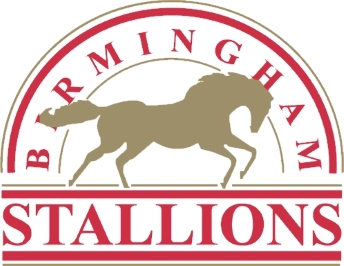
Legion Field
Wikipedia (Birmingham Stallions)
Wikipedia (USFL)
|
Home Overview History Games Photographs Programs Tickets Schedules Media Guides Miscellaneous Roster |
 |
The History of the USFL Legion Field Wikipedia (Birmingham Stallions) Wikipedia (USFL) |
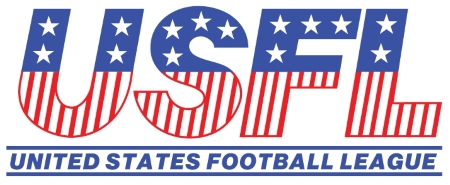 |
|
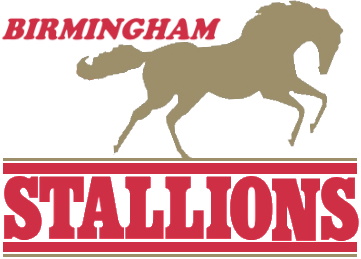 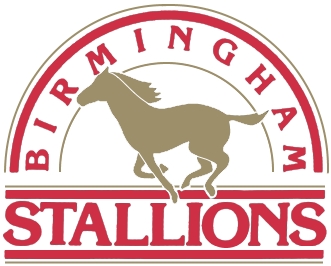 |
|
| Two early team logo proposals | |
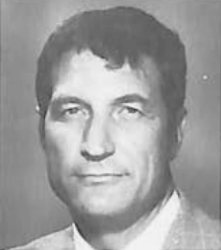 |
|
| Gene Stallings | |
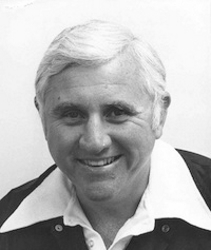 |
|
| Head coach Rollie Dotsch | |
 |
1983 United States Football League |
|||||||||
| xxx | xxx | xxx | xxx | xxx | xxx | |||||
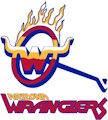 |
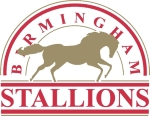 |
 |
 |
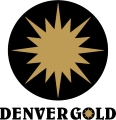 |
||||||
| Arizona Wranglers | Birmingham Stallions | Boston Breakers | Chicago Blitz | Denver Gold | ||||||
 |
 |
 |
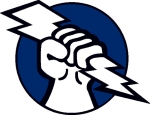 |
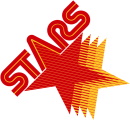 |
||||||
| Los Angeles Express | Michigan Panthers |
New Jersey Generals | Oakland Invaders | Philadelphia Stars | ||||||
 |
 |
|||||||||
| Tampa Bay Bandits | Washington Federals | |||||||||
| 1983 United States Football League |
||
| Pacific Division |
Central Division |
Atlantic Division |
| Arizona Wranglers | Birmingham Stallions | Boston Breakers |
| Denver Gold | Chicago Blitz | New Jersey Generals |
| Los Angeles Express | Michigan Panthers | Philadelphia Stars |
| Oakland Invaders | Tampa Bay Bandits | Washington Federals |
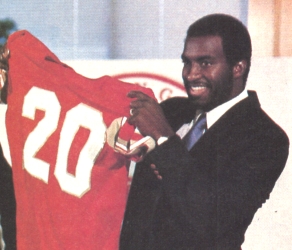 |
|
| Buffalo Bills running back Joe Cribbs | |
 |
1984 United States Football League |
|||||||||
| xxx | xxx | xxx | xxx | xxx | xxx | |||||
 |
 |
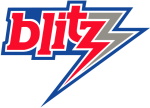 |
 |
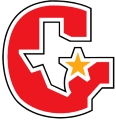 |
||||||
| Arizona Wranglers | Birmingham Stallions | Chicago Blitz | Denver Gold | Houston Gamblers | ||||||
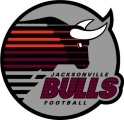 |
 |
 |
 |
 |
||||||
| Jacksonville Bulls | Los Angeles Express | Memphis Showboats | Michigan Panthers | New Jersey Generals | ||||||
 |
 |
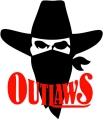 |
 |
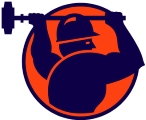 |
||||||
| New Orleans Breakers | Oakland Invaders | Oklahoma Outlaws | Philadelphia Stars |
Pittsburgh Maulers | ||||||
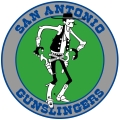 |
 |
 |
||||||||
| San Antonio Gunslingers | Tampa Bay Bandits | Washington Federals | ||||||||
| 1984 United States Football League |
|||
| Western Conference |
Eastern Conference |
||
| Pacific Division |
Central Division |
Southern Division |
Atlantic Division |
| Arizona Wranglers | Chicago Blitz | Birmingham Stallions | New Jersey Generals |
| Denver Gold | Houston Gamblers | Jacksonville Bulls | Philadelphia Stars |
| Los Angeles Express | Michigan Panthers | Memphis Showboats | Pittsburgh Maulers |
| Oakland Invaders | Oklahoma Outlaws | New Orleans Breakers | Washington Federals |
| San Antonio Gunslingers | Tampa Bay Bandits | ||
 |
1985 United States Football League |
|||||||||
| xxx | xxx | xxx | xxx | xxx | xxx | |||||
 |
 |
 |
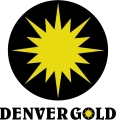 |
 |
||||||
| Arizona Outlaws | Baltimore Stars |
Birmingham Stallions | Denver Gold | Houston Gamblers | ||||||
 |
 |
 |
 |
 |
||||||
| Jacksonville Bulls | Los Angeles Express | Memphis Showboats | New Jersey Generals | Oakland Invaders | ||||||
 |
 |
 |
 |
|||||||
| Orlando Renegades | Portland Breakers | San Antonio Gunslingers | Tampa Bay Bandits | |||||||
| 1985 United States Football League |
|
| Western Conference |
Eastern Conference |
| Arizona Outlaws | Baltimore Stars |
| Denver Gold | Birmingham Stallions |
| Houston Gamblers | Jacksonville Bulls |
| Los Angeles Express | Memphis Showboats |
| Oakland Invaders | New Jersey Generals |
| Portland Breakers | Orlando Renegades |
| San Antonio Gunslingers | Tampa Bay Bandits |
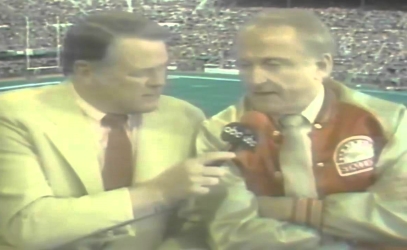 |
|
| ABC announcer Keith Jackson interviews Stallions owner Marvin Warner |
|
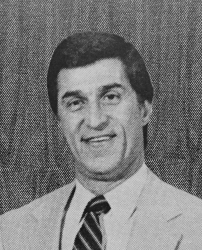 |
|
| Stallions president Jerry Sklar | |
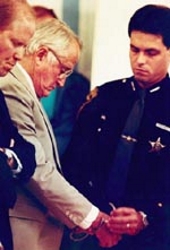 |
|
| Former Stallions owner Marvin L. Warner arrested in April 1991 |
|
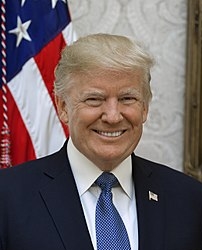 |
|
| 45th U.S. President Donald J. Trump |
|
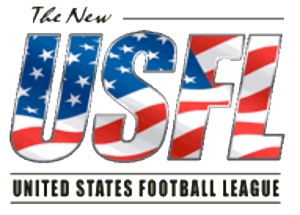 |
|
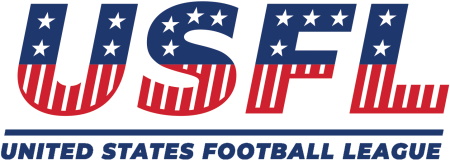 |
|


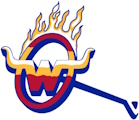
  
  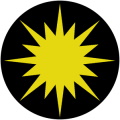 
  

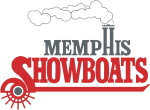 

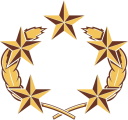   

 
 
 

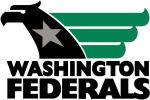
|
|||||||||||||||||||||||||||||||||||||||||||||||||||||||||||||||||||||||||||||||||||||||||||||||||||||||||||||||||||||||||||||||||||||||||||||||||||||||||||||||||||||||||||||||||||||||||||||||||||||||||